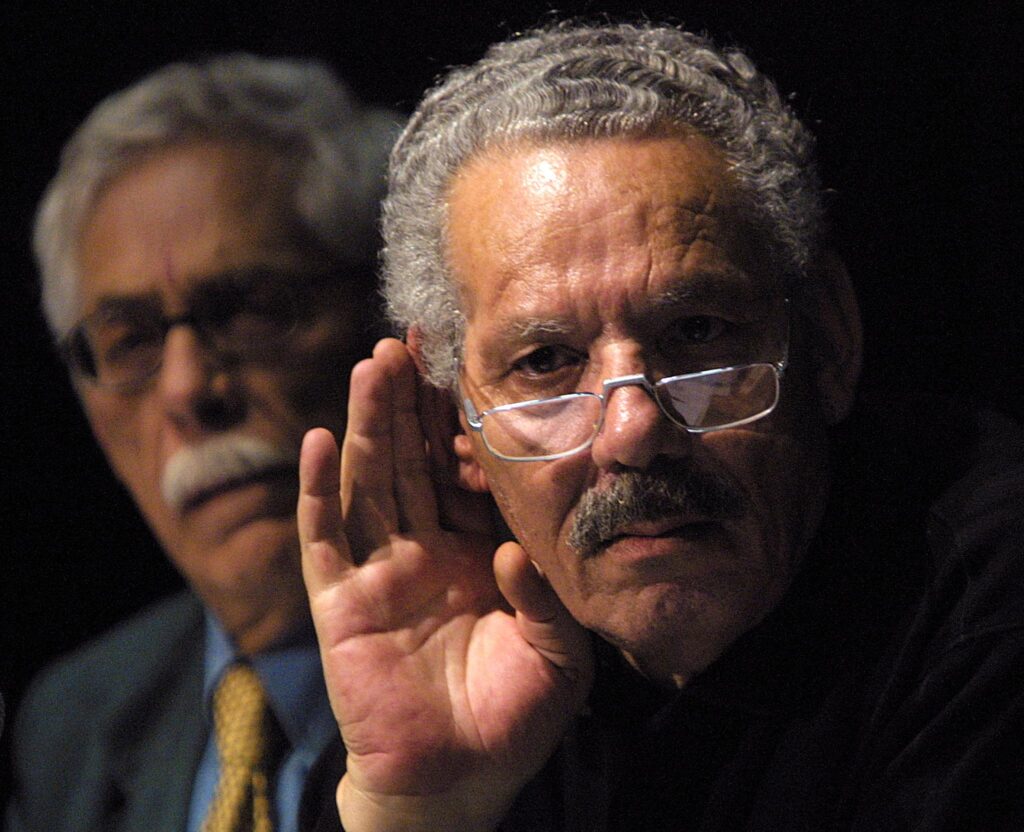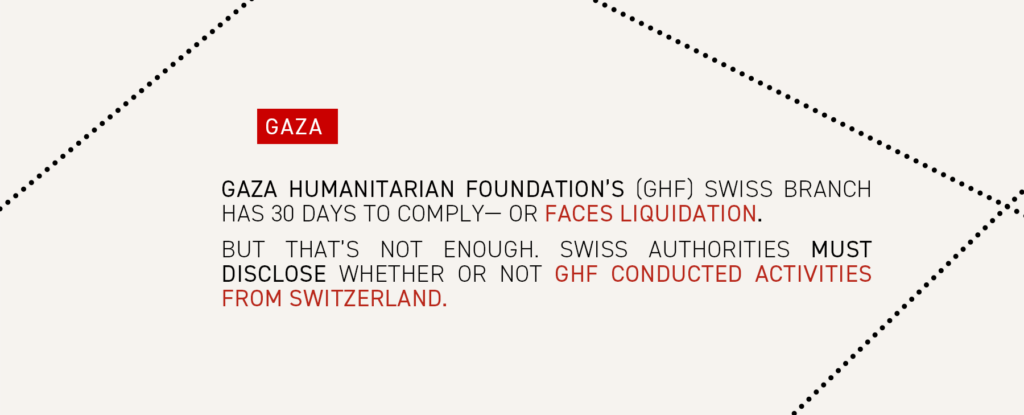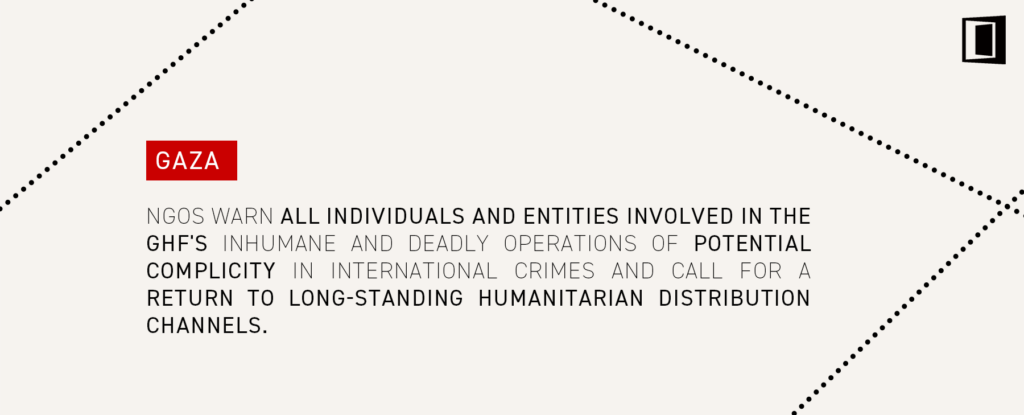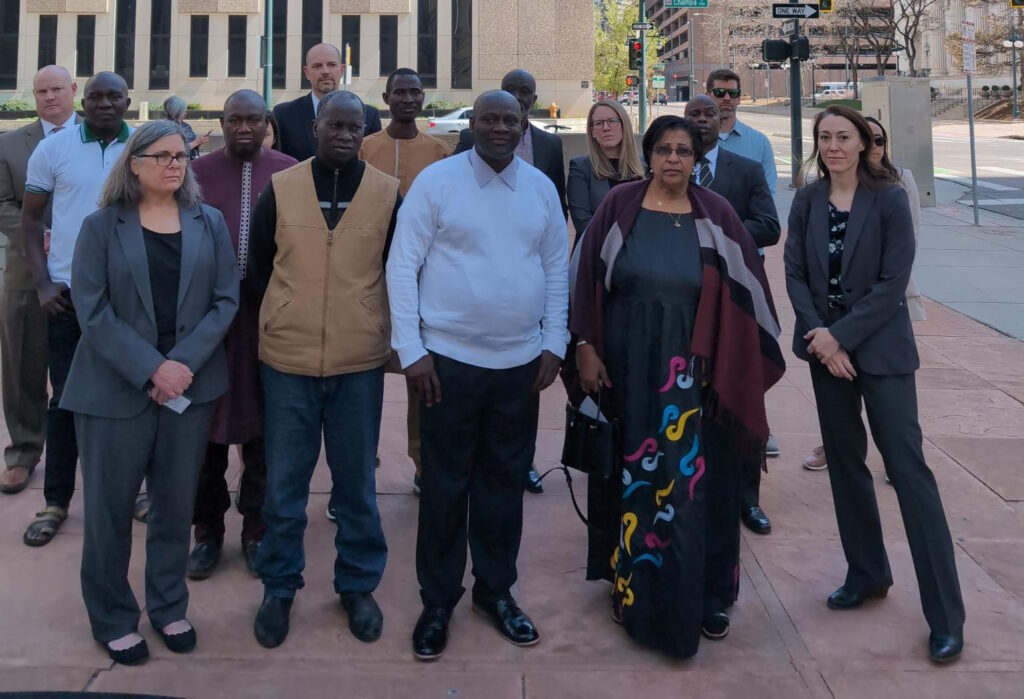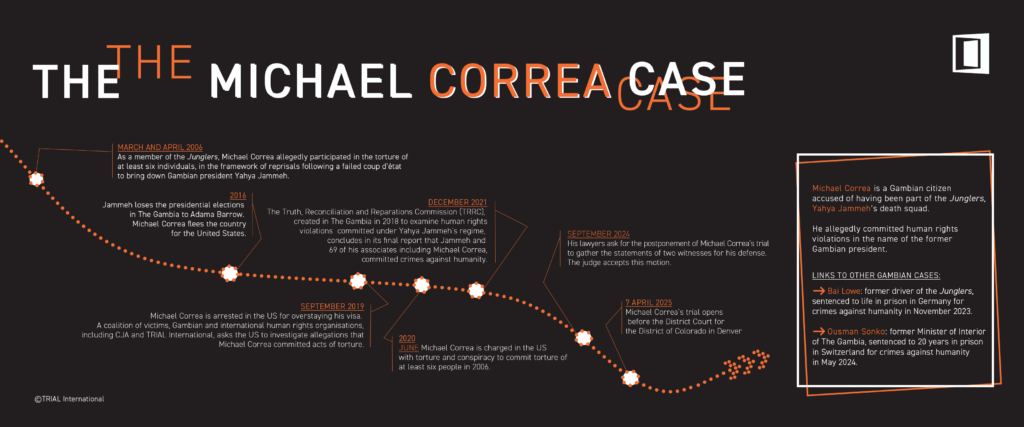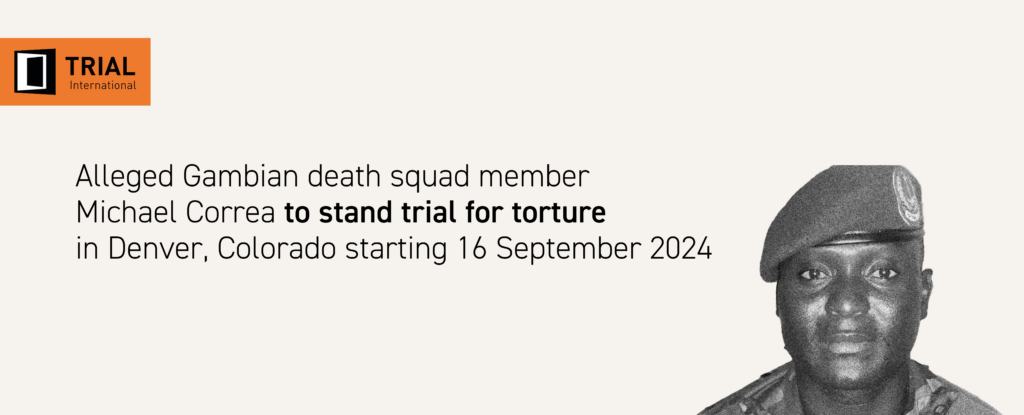The case of Maina Sunuwar proves justice is achievable
The murdered teenager was a symbol of military impunity. Now that her killers have been convicted, she could become a figure of hope for countless Nepalese.
Maina Sunuwar was only 15 when she was arrested at home and taken to army training facilities in Panchkhal. She died there, bearing signs of repeated torture. For over a decade, the crime remained unpunished.
Finally, on 17 April 2017, three army officers received 20 years’ imprisonment for the murder of Maina. The convictions were unanimously welcomed by the press, NGOs and even the United Nations.
This outcome is indeed a significant step against impunity, and rare enough to be signaled: since the end of the civil war, it is the first serious conviction for wartime abuse in Nepal. A long-standing figurehead of military impunity, the case of Maina Sunuwar is now rekindling the hope of hundreds.
Tenacity trumps structural inadequacies
The fact remains that Maina’s parents jumped hurdles for 13 years before obtaining a conviction. Their experience reflects Nepal’s structural inadequacies in prosecuting abuse. It is neither the only, nor the worst account from wartime victims.
The case of Maina Sunuwar also proves criminal courts have an important role to provide justice to conflict victims. The Government insists that all conflict era cases must be dealt with by the transitional mechanisms, but this is neither realistic nor desirable. Criminal justice should, in fact, complement their work to deliver transitional justice efficiently.
TRIAL International hopes that this precedent will pave the way to other positive decisions: Nepalese survivors have suffered enough disappointment from the authorities.

